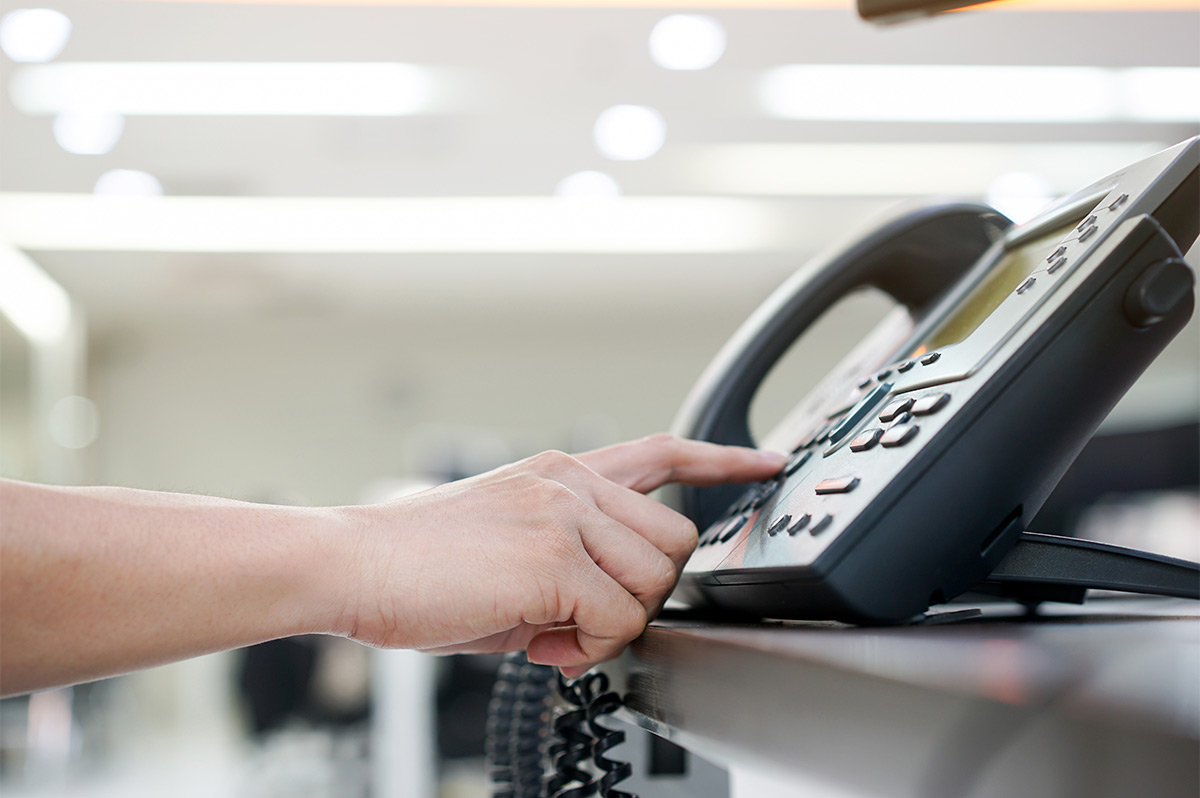This is a follow-up to our March 24, 2020 blog clarifying the FCC’s “Emergency Purpose” TCPA exception of COVID-19 messages.
On March 25th, the FCC announced that it is creating a new Hospital Robocall Protection Group aimed at ensuring hospitals do not receive distracting robocalls during this time of crisis. At the same time, teleservices industry participants have been setting up procedures to ensure critical calls are not blocked by Telecommunication Carriers’ (Carriers) robocall blocking algorithms that may prevent the intended call recipient from receiving that critical call. The problem arises because during emergencies organizations frequently use prerecorded and automated calls to distribute critical information. These call blasts have the same attributes as many illegal robocalls – a high number of calls in a short period of time from one caller. In an effort to prevent illegal robocalls, Carriers have instituted sophisticated call blocking and labeling algorithms to prevent or discourage the calls from being answered.
An article posted by the Professional Association for Customer Engagement (PACE) details the efforts of its members to ensure COVID-19 and other critical calls are not blocked or mislabeled in a way that discourages answering the call. If your organization deploys critical calls, we encourage you to research these resources to help ensure that your calls get through.
Michele is the Managing Partner at M&S and former Chief of the Ohio Attorney General’s Consumer Protection Section. Bringing more than two decades of experience in the consumer protection arena, she advises highly regulated businesses on a wide range of telemarketing, privacy, and other consumer protection matters.



